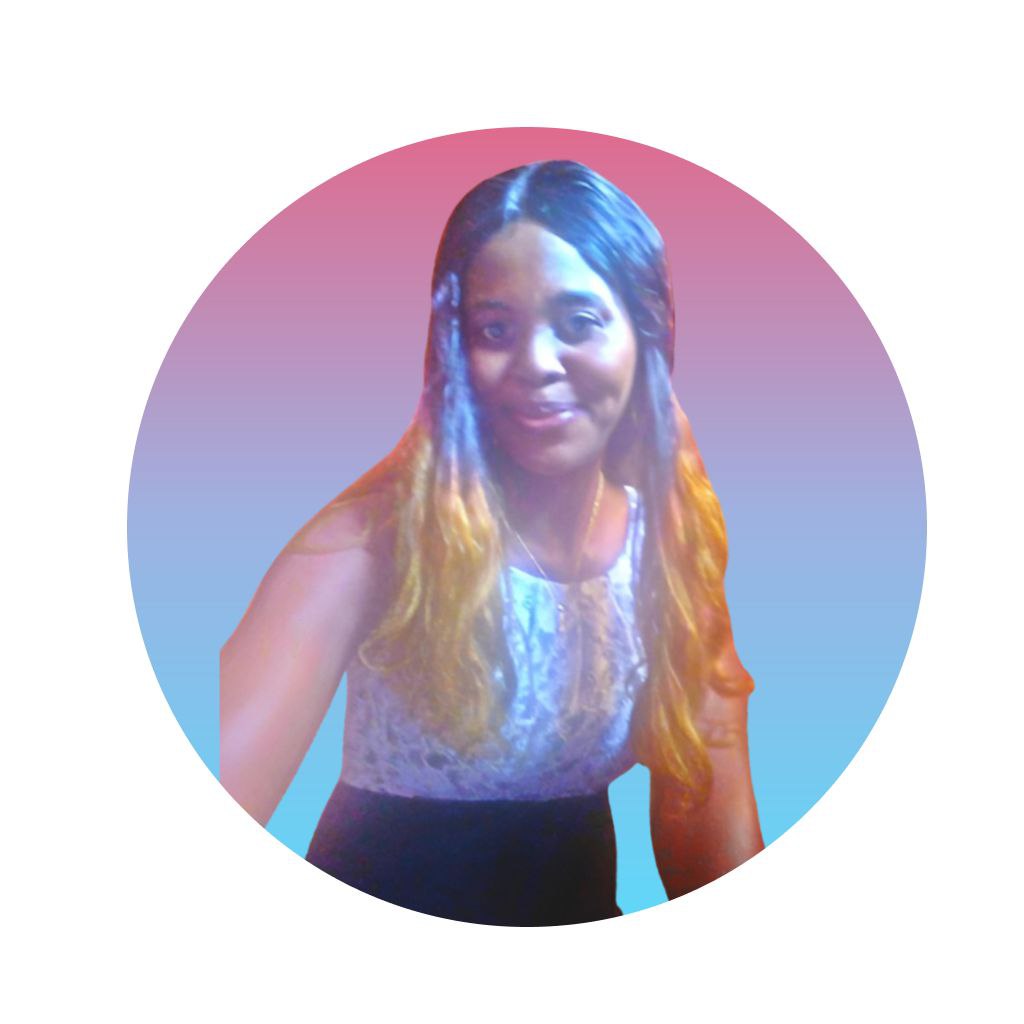Adapt and Conquer: How to Customize Your Brand for Freelance, Startup, and Corporate Worlds
 Okoye Ndidiamaka
Okoye Ndidiamaka
Personal branding is an important aspect of career growth in and of itself, more so in the tech industry. This personal brand helps you stand out, showcases your expertise, and helps connect you with opportunities tuned toward your goals. However, different approaches to personal branding apply to freelance, startup, and corporate tech environments. In this article, we’ll look at how to tailor your brand for each of these settings, understanding the different challenges and opportunities each presents, and adjusting your style of communication and branding messages appropriately.
Be aware of the specific challenges and chances in each environment of technology.
Freelance
Challenges:
Inconsistent Workload: This means freelance work may come either in feast or famine — too much or too little.
Self-Marketing: You are responsible for finding your clients and marketing your services.
Varied client expectations: Freelancers deal with different clients who have varied expectations, and managing these is not easy.
Opportunities:
Flexibility: There is flexibility regarding the selection of projects and the working schedule.
Diverse experience: Variations in projects help develop a wider skill set and gain experience.
Personal brand growth: Freelancing, if successful, can enhance your personal brand and reputation to a great extent.
Startup
Challenges:
High-risk: Startups are mostly unstable, and the chances of failure are high.
High-Intensity Work Setting: Startups involve long working hours and high commitment levels.
Scarcity of Resources: Startups generally have limited resources, which impacts job security and career advancement.
Opportunities:
Innovation: Start-ups are leading the innovation drive and hence offer excellent opportunities for working on leading-edge projects.
Rapid Growth Rate: If successful, a startup can offer all employees rapid growth and high professional development.
Visibility: A job in a startup mostly ensures higher impact and better visibility across a company.
Corporate
Challenges:
Bureaucracy: Large enterprises mostly possess complex structures and bureaucracy.
Less Flexibility: Corporations might offer less flexibility compared to startups and freelancing.
Limited Scope: Job roles in corporations are more specialized, hence offering less scope for variety in day-to-day tasks.
Opportunities:
Stability: Corporations generally offer more job security and stability.
Resources and Training: Large firms typically provide full resources and training.
Networking: With a corporation, there are several opportunities for networking with industry leaders and other professionals.
Adjusting the Communication Styles and Branding Messages
Freelance
If you were to personalize your brand for freelancing, some characteristics you really want to stress would be versatility, reliability, and the ability for specialization. Here is how you could accomplish this:
Versatility Demonstration:
Diversity of Portfolio: A diversified portfolio enables one to see a person’s capability of managing diverse types of projects.
Client Testimonials: Sharing several reviews from a significant number of clients develops trust and flexibility in service delivery.
Specialization:
Niche Expertise: Mention your experience in specific technologies or sectors of the industry.
Thought Leadership: Publish blogs, post your views on social media, participate in industry forums, and establish yourself as a subject matter expert in your niche.
Good Communication:
Clear Messaging: Your messaging needs to be very clear and concise. It basically has to bring out the strengths, the kind of value you’ll be giving to prospective clients.
Professional Online Presence: This means maintaining a professional online presence by using platforms like LinkedIn, Upwork, and personal websites.
Startup As a startup, your personal brand should convey one of innovation, flexibility, and hard work. This is how you do it:
Demonstrate Innovation:
Case Studies: Demonstrate the kind of projects you have been involved in and the new ideas that you bring to the table.
Creative Problem-Solving: Share examples of how you have faced a certain problem and solved it with a unique solution.
Demonstrate Flexibility:
Learning and Growth: Show your willingness and ability to learn new things within no time and fit into various environments.
Teamwork: Prove your experience in working collaboratively in fast-moving and high-energy team environments.
Communicate passion:
Personal Mission Statement: Create a personal mission statement, which goes in line with the vision of the startup and your passion.
Engagement in communities: Participate in startup communities, hackathons, and meetups that prove you are truly believing in the culture of startups.
Corporate No matter what, your personal brand in corporate should speak of professionalism, expertness, and leadership. Here’s how to do that:
Professionalism
Polished Profile: Have a polished, professional overview of the LinkedIn profile and online presence.
Certifications and Qualifications: One can refer to the relevant certifications, training, and professional qualifications.
Expertise
Detailed Case Studies: Give in-depth case studies illustrating competence and the effect your work has had.
Industry Insights: Knowledge and Trends — Demonstrate that you have a strategic awareness of the industry by sharing your insights and trends in the sector.
ENHANCE YOUR BRAND WITH MY CURATED LIST CLICK HERE!
Highlighting Leadership:
Leadership Roles: Highlight any leadership roles or responsibilities taken up in previous work.
Team Successes: Demonstrate projects where you have contributed to team success and overall company goals.
Flexibility and Agility in Brand Positioning The flexibility and agility to position your personal brand will lie within multiple contexts. Outlined below are ways to do this:
Stay Informed:
Industry Trends: Keep yourself updated about industry trends and best practices. This shall help you in staying relevant and hence, rebranding yourself, if needed.
Continuous Learning: Indulge in continuous learning and professional development to build skills and adaptability.
Seek Feedback:
Peer Feedback: Regularly seek feedback from peers, mentors, and leaders in your industry. Use this feedback to fine-tune and improve your personal brand.
Client References: Get references from your clients and peers on what you’re great at, and where you really need to improve.
Modify Your Messaging:
Customized Communication: Tailor your style of communication and your message for the context you want to break into. For example, formal language while targeting corporations and relaxed when targeting startups.
Core Values Consistency: While customizing your message, be very clear that the core values and key strengths expressed are consistent in all contexts.
Network Effectively:
Diverse Networking: Create a diverse network that comprises professionals working across different tech environments. This would help you realize multiple perspectives and opportunities.
Engagement with Communities: Stay connected to what’s going on in the industry, and have connections nurtured over time by engaging with professional communities online and offline.
ENHANCE YOUR BRAND WITH MY CURATED LIST CLICK HERE
It means positioning your personal brand throughout freelance, startup, and corporate tech environments, striking a balance between versatility, specialization, professionalism, and adaptability. You will be able to build such a personal brand once you understand the special challenges and opportunities of the environment and adjust your style of communication, branding messages, and flexibilities, in the pursuit of reaching the chosen career goals.
Of course, the secret behind effective personal branding is not deviating from your central values and strengths but staying adaptive across different professional settings. Freelancing, working in a startup, or killing it in a corporate setting — it really doesn’t matter when you have a well-tailored personal brand opening doors to new opportunities and putting your career growth into overdrive.
Back to Thrive in Any Setting: How to Tailor Your Personal Brand for Various Tech Landscapes, for a comprehensive guide.
Disclosure: This article contains affiliate links, which means I may receive a commission if you make a purchase through them at no extra cost to you.
Subscribe to my newsletter
Read articles from Okoye Ndidiamaka directly inside your inbox. Subscribe to the newsletter, and don't miss out.
Written by

Okoye Ndidiamaka
Okoye Ndidiamaka
Amaka Okoye: LLB holder, web developer, and automation expert. Transforms ideas into digital reality. Committed to learning and self-improvement.